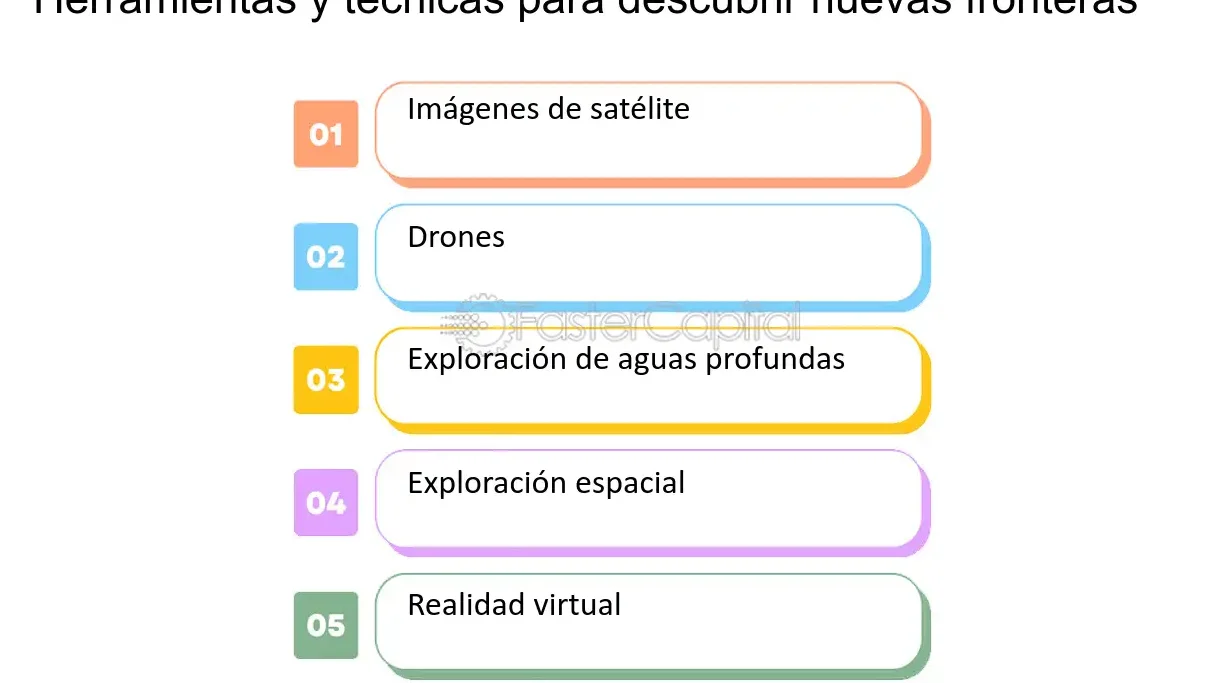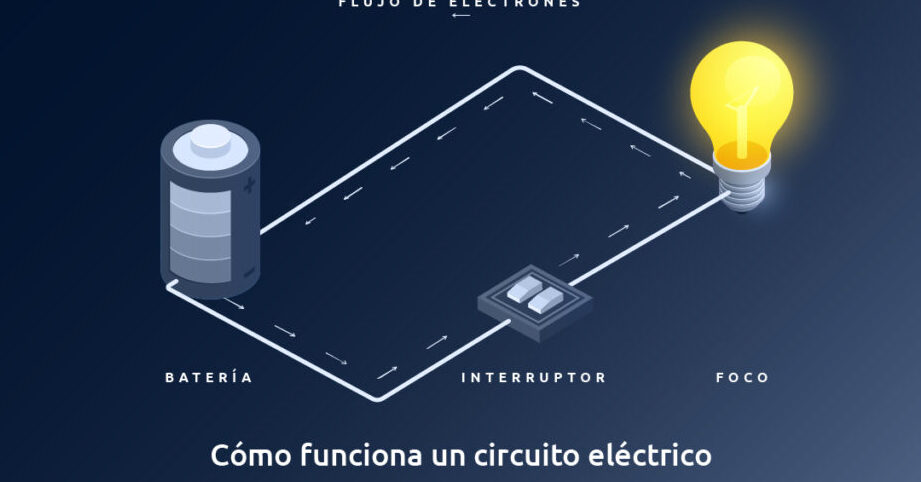Operating systems covered by free software licenses
Operating systems covered by free software licenses have revolutionized the way we use our devices. In a world where technology is increasingly ubiquitous, it is crucial to understand how these systems work and what their benefits are. In this article, we will explore the fascinating world of open source operating systems and discover why they are an increasingly popular choice among users. Get ready to immerse yourself in a new technological dimension where freedom and innovation go hand in hand!
Operating systems covered under free software licenses: an alternative for technological freedom
In the digital age we live in, technology plays a fundamental role in our lives. Operating systems are the heart of any electronic device, from computers to mobile phones and tablets. There are various operating system options on the market, but today we want to talk about those covered under free software licenses, an alternative that promotes technological freedom.
What does it mean for an operating system to be covered under a free software license?
When we talk about free software licenses, we refer to those that allow users to access, use, study, modify and distribute the software without restrictions. These licenses are designed to encourage collaboration and knowledge sharing, thereby promoting technological freedom.
What are some examples of operating systems covered under free software licenses?
Among the best-known operating systems that are under free software licenses, the following stand out:
- GNU/Linux: This operating system, developed by the Free Software Foundation, is one of the most popular options in the field of free software. It offers a wide variety of distributions, such as Ubuntu, Fedora and Debian, that adapt to the needs of different users.
- FreeBSD: Based on the UNIX operating system, FreeBSD is another example of an open source operating system. It is known for its robustness and security, being used in servers and embedded systems.
What are the advantages of using operating systems covered under free software licenses?
The use of operating systems covered under free software licenses offers numerous advantages, among which the following stand out:
- Freedom: Users are free to use, copy, modify and distribute the software as they see fit.
- Collaboration: The community of free software developers works together to improve and optimize operating systems, leading to constant evolution and updating.
- Security: Being open source, anyone can review the operating system code in search of possible vulnerabilities, which contributes to its improvement and security.
- Compatibility: Free software operating systems are usually compatible with a wide range of hardware, making it easy to install and use on different devices.
- Cost: Being free software, it is not necessary to pay
Free software operating systems: a comprehensive look at the available alternatives
Nowadays, the use of free software operating systems has become increasingly popular and relevant. These operating systems offer an alternative to proprietary operating systems, giving users greater freedom and control over their software. In this article, we will explore some of the main free software operating system alternatives available on the market.
One of the best-known free software operating systems is Linux. Linux is an open source operating system that is based on the Linux kernel. It provides a wide range of distributions, such as Ubuntu, Debian, Fedora, and CentOS, among others. Each distribution has its own features and approaches, but they all share the same Linux core.
Ubuntu is a popular and easy-to-use Linux distribution that has gained a large user base. It offers an intuitive user interface and a wide selection of pre-installed applications. Ubuntu also has an active community of developers and users who provide support and regular updates.
Debian is another renowned Linux distribution that focuses on stability and security. It is known for its advanced package management system and its focus on free software philosophy. Debian is widely used on both servers and desktops.
Fedora is a community-driven Linux distribution supported by Red Hat. It focuses on innovation and early adoption of new technologies. Fedora offers a modern desktop environment and a wide selection of applications.
CentOS is a Linux distribution derived from Red Hat Enterprise Linux (RHEL). It is designed primarily for servers and offers a stable and secure platform. CentOS is known for its long lifespan and extensive software support.
In addition to Linux, there are other free software operating system alternatives worth mentioning. For example, FreeBSD is an open source UNIX-based operating system that focuses on security and performance. It is widely used in servers and in business environments.
OpenBSD It is another option that stands out for its focus on security and code correctness. It is widely used in firewalls and in environments that require a high level of security.
Exploring the fascinating world of open license operating systems
Currently, open license operating systems have become an increasingly popular and relevant alternative for users around the world. These operating systems offer a series of advantages and benefits that make them attractive to both individual users and companies and organizations.
One of the main attractions of free license operating systems is their open and collaborative nature. Unlike proprietary operating systems, in which the source code is hidden and can only be modified by the manufacturer, open license operating systems allow anyone to access, modify and distribute the source code freely and free of charge. This encourages collaboration and knowledge sharing among the developer community, which in turn promotes continuous improvement and innovation in the operating system.
In addition, open license operating systems offer greater security and stability. Being developed by a large and diverse community of programmers, these operating systems benefit from constant code review and the rapid detection and correction of possible vulnerabilities or errors. This ensures that the operating system is always up to date and protected from security threats.
Another notable aspect of free license operating systems is their versatility and flexibility. These operating systems support a wide variety of devices and architectures, making them ideal for desktops, servers, mobile devices, embedded systems, and more. Furthermore, thanks to the large number of applications and programs available for free and open source, users have at their disposal a wide range of tools and functionalities to adapt the operating system to their specific needs.
Among the most prominent free license operating systems are Linux, FreeBSD and OpenBSD. These operating systems have gained popularity over the years due to their stability, security, and customizability. In addition, they have a large community of users and developers who actively provide support and technical assistance.
Say goodbye to limits and say hello to freedom with operating systems covered by free software licenses! 🐧💻
Here there are no barriers or chains that bind you, because with these operating systems you can customize, modify and distribute without restrictions. It's like they give you a toolbox and say, "Do whatever you want, buddy!"
Imagine having full control of your device, like a true computer wizard. You can adjust every detail to your liking, from appearance to functionality. Do you want a purple desk with flying unicorns? Go ahead, it's your world!
And not only that, but you also forget about having to pay for each update or extra functionality. Everything is free here, like the air you breathe (well, maybe I'm exaggerating a little, but you get my point). Say goodbye to unexpected outlays and hello to financial happiness!
Additionally, by using a free software operating system, you join a community of brilliant minds who share knowledge and collaborate to constantly improve. It's like being part of a big geek family, where we all help each other and get excited about each new improvement.
So if you are tired of limitations and want to embrace computing freedom, don't hesitate. Dare to try operating systems covered by free software licenses and discover a world full of possibilities! Free yourself and be master of your digital destiny! 💪🔓
Remember, in "Polarities" we tell you everything about the latest technological trends and help you find the perfect balance between innovation and fun. See you on the next technological adventure!





Post Comment